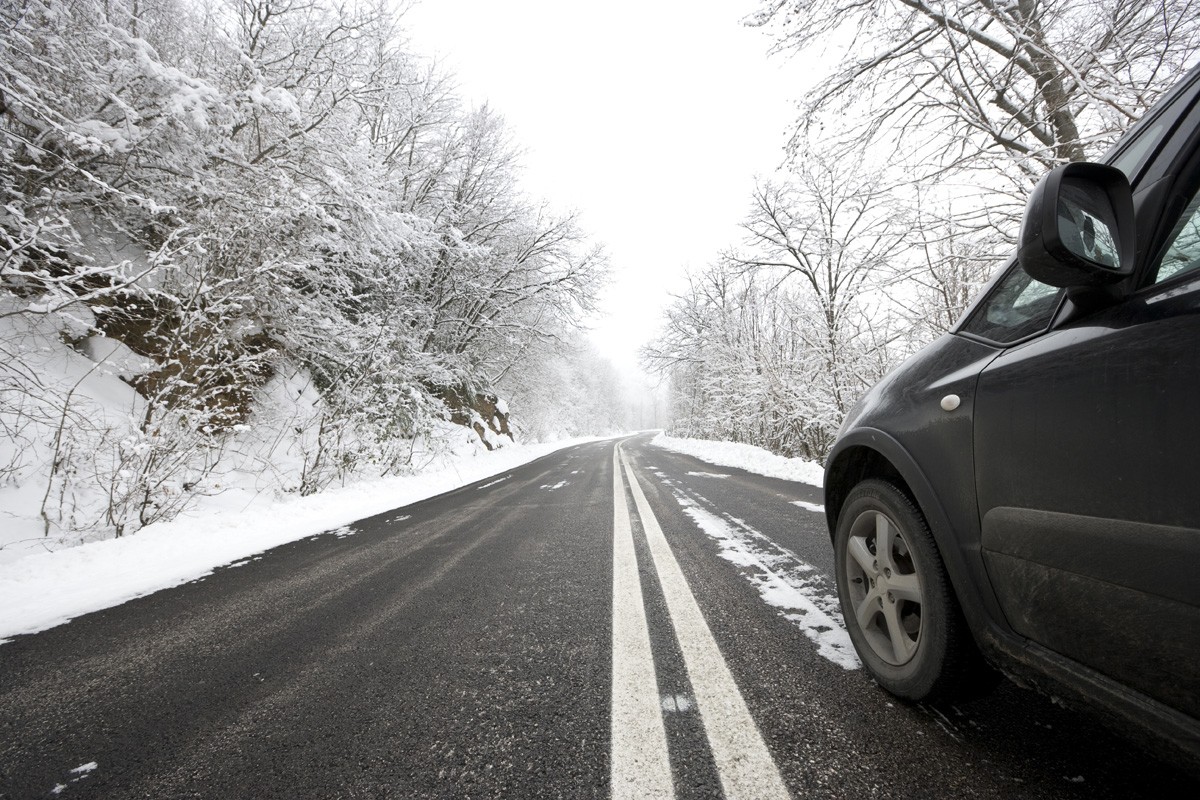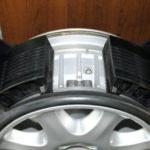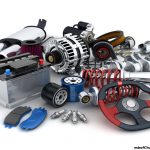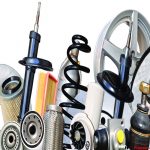Windshield Wipers and Fluid – Fog, snow and rain will cut down your visibility in winter, causing you to use your wiper blades and washer fluid much more than normal. An antifreeze solution along with winter wiper blades will help to fight ice build-up. Keeping extra windshield washer solvent on hand is helpful too!

Battery – A thorough inspection of your battery, cables, terminals and fluid will help to make sure your car is ready for winter. The cold weather puts more stress on your battery. Many automotive parts stores will test your battery capacity free of charge.
Inspect Your Tires – If you’re not mounting winter tires on your vehicle, be sure to examine your current tires for remaining tread life, uneven wearing and cupping as well as checking the sidewalls for cuts and nicks to help you to know if your tires are ready for the harsh weather. The colder weather will also reduce the pressure within your tires, causing them to perform poorly in the snow. You should frequently check your tire pressures.
Coolant – Along with regulating the engine temperature, a vehicle’s coolant system is responsible for protecting your engine against corrosion. For the winter season you will want to make sure that you are using the right ratio of coolant to water in your system as well as using the right type of coolant for your car. If you are unsure, you can check the effectiveness of your coolant with a simple and inexpensive test found at any car parts store.
Ice scraper – Keep your ice scraper in your vehicle and always clean off your car completely, not just a little peephole in the windshield. You must be able to see all your surroundings, your side mirrors and through your back window. Snow on top of your car could slide down and cover your windshield while you are slowing down or fly off onto someone else’s vehicle while you are driving. In some states it is the law that your vehicle is clear of snow and ice.
Survival Kit – Especially during times of slick road conditions and below freezing temperatures, you will want to keep a survival kit in the car at all times in case of emergency. Some items to consider include extra gloves, boots and blankets, flares, tire chains, a flashlight and extra batteries, car charger or portable cellphone charger, and a whistle. Also check your spare tire and make sure that your car jack is in good, working condition.
Keep Your Gas Tank Above Half – If you get stuck or stranded, the car’s engine will be your only source of heat and you will want to be sure you have enough fuel to keep you warm. In some cases, it may be necessary to remove snow from behind the tailpipe and keep it unobstructed to prevent lethal gas from accumulating in the vehicle.









